The Spotify Boycott: AI Ethics and Music Industry Reckoning
-
Published Time: 2025-09-23T14:30:00Z
Article
AI Applications
The Spotify Boycott: AI Ethics and Music Industry Reckoning
September 23, 2025
4 mins
Share

Musicians from around the world are starting to remove their music from Spotify after it was revealed that Daniel Ek, the company's CEO, has invested huge sums of money into Helsing, a military technology company
Spotify is facing a growing boycott by musicians as ethical AI issues increase amongst revelations that the CEO is investing in military AI company Helsing
Company portals
Spotify Technology
Tags
SpotifyMusicBoycottProtestMilitaryTechnologyAIDronesDaniel EkHelsing
Musicians are pulling their catalogues from Spotify following revelations that CEO Daniel Ek is investing in Helsing, a German military technology company developing AI systems for defence applications.
The boycott shows the growing tensions between artists and the Swedish streaming platform over both ethical concerns and economic grievances.
Massive Attack led the charge by directly criticising Daneil before requesting removal of their music.
The electronic duo published a statement addressing the CEO’s investment activities.
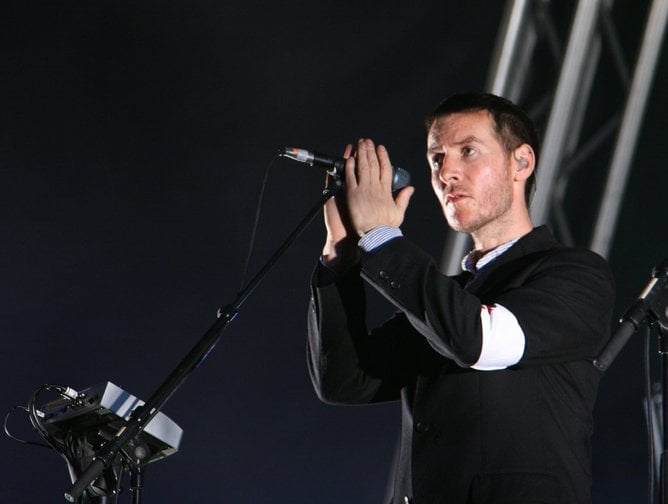
Robert Del Naja of Massive Attack performing in Barcelona | Credit: alterna2
“In light of the (reported) significant investments by its CEO in a company producing military munition drones and AI technology integrated into fighter aircraft, Massive Attack have made a request to our label that our music be removed from the Spotify Streaming service in all territories,” the band states.
The group also referenced broader geopolitical concerns in their statement: “In our view the historic precedent of effective artist action during apartheid South Africa and the apartheid, war crimes and genocide now being committed by the state of Israel renders the ’No Music For Genocide’ campaign imperative,” they add.
The group joins King Gizzard & the Lizard Wizard, Xiu Xiu, Deerhoof and Godspeed You! Black Emperor in abandoning the platform entirely.
Beyond established acts, grassroots artists are participating in the boycott movement.
The bigger picture behind Spotify’s exodus
Fenn Wilson, a singer-songwriter, suggests collective action by smaller musicians could eventually impact Spotify’s business despite individual artists having limited leverage: “As individual, small artists, it’s hard to strike a massive blow to a company like Spotify,” he says.
Fenn Wilson is just one of many musicians to recently speak out against Spotify | Credit: Fenn Wilson
“But I think that if a bunch of us are able to get themselves off, then they start to sweat a little.”
The controversy centres on Daniel’s participation in funding Helsing, which develops AI systems for military applications including autonomous weapons and fighter aircraft integration.
Daniel publicly supported the investment, describing the company’s strategic position.
“Helsing is uniquely positioned with its AI leadership to deliver these critical capabilities in all-domain defence innovation,” the CEO states.
Daniel Ek, CEO of Spotify
Dr Sophie Freeman, a University of Melbourne researcher studying music streaming economics, suggests multiple frustrations with the platform are converging to create boycott momentum.
“We’re at a bit of a tipping point right now,” she explains.
“People are definitely making the switch due to the news that Daniel Ek is investing in AI battle tech. But this has been going on for a long time.”
Dr Sophie Freeman, a researcher at the University of Melbourne
Premium subscribers are also cancelling memberships.
Hiro, a paying subscriber, framed his decision through economic considerations regarding corporate investment practices.
“If I don’t want to buy a canned beverage because its parent company invests a lot in Israel, why am I paying like US$11, US$15 so that the CEO can invest that money I paid to a weapons company?” he asks.
Why streaming economics compound artist concerns
The boycott is reigniting discussions about Spotify’s royalty structure, which pays artists approximately US$0.004 per stream.
Tracks must achieve over 1,000 streams before generating revenue, a threshold that excludes many independent musicians from monetisation entirely.
Massive Attack connected economic grievances with ethical objections in their departure statement: “The economic burden that has long been placed on artists is now compounded by a moral and ethical burden whereby the hard-earned money of fans and the creative endeavours of musicians ultimately funds lethal, dystopian technologies,” the band states.
“Enough is more than enough. Another way is possible.”
Recent incidents involving AI-generated music have also heightened concerns about platform governance.
The Velvet Sundown, an artificial band, accumulated over 330,000 monthly listeners without disclosing its AI origins.
Elizabeth Moody, Partner & Chair of the New Media Practice at Granderson Des Rochers, explains how payment structures create incentives for fraudulent activity: “The DSP [digital service provider] models today compensate artists and songwriters based on their share of monthly playcounts.
Elizabeth Moody, Partner & Chair of the New Media Practice at Granderson Des Rochers
“This sometimes incentivises bad actors who may choose to work with streaming promotion services or other fraudulent means to boost stream counts.”
She concludes: “Some fear that the ease of creation of AI music will mean that fraud will become more prevalent.
“There are means of preventing this activity, through monitoring and business model adjustments, but they will take time and commitments on behalf of DSPs and rightsholders.”
Company Portals
Spotify Technology
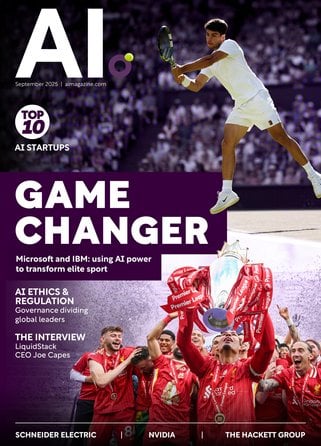
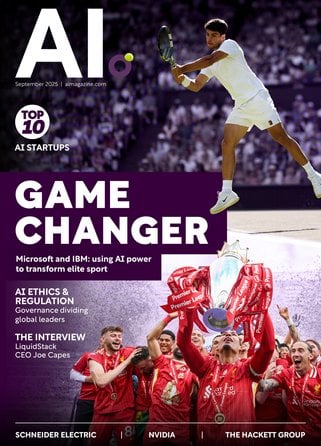
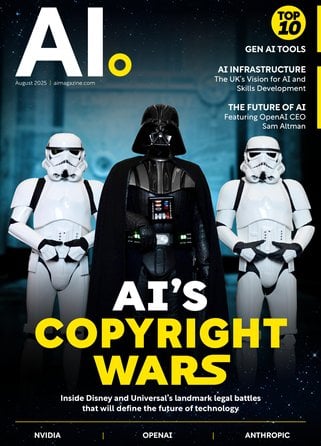
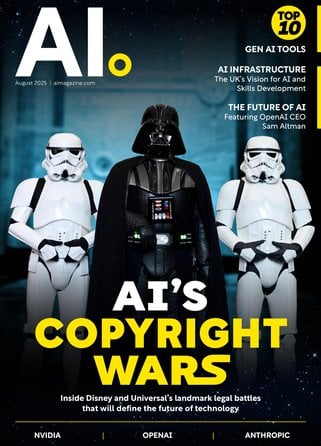
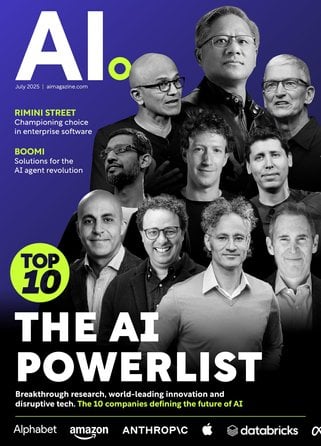
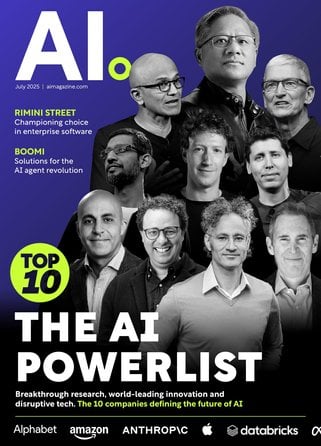
Related Content



